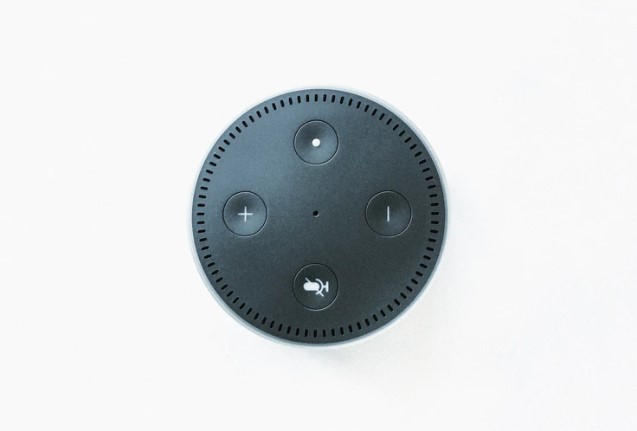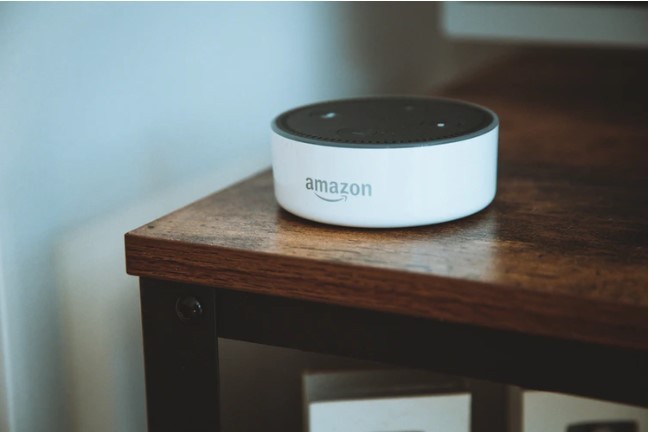Amid a pandemic, voice commands have been a major stress-reliever for many of us. If you need something to search online, call 'Alexa.' And she will do anything you say. But let's admit it, Alexa's voice or any popular voice commands today can be too monotonous every time they speak. Here's the solution from a British company.
Alexa's new voice is too human-like

If you have been using Alexa or other voice commands, you may have already remembered its distinct monotonous voice. But, that's also a problem for some users. Alexa has a voice that is too much unhuman-like.
Luckily, a British software company is looking for a way to end the serious tone of Alexa. Daily Mail UK reported that a new voice will be heard on the available voice commands today.
READ: WATCH: How To Make Alexa And Google Home Talk To Each Other In A Never-Ending Loop
Sonantic chief executive Zeena Qureshi aims to give voice commands like Alexa, a different tone that is said to be more human-like than before. Instead of a monotonous tone, the company will record actors with various dialogues, just like you're speaking directly at a real person.
"Voice pipelines and entertainment work are quite heavy on logistics, such as casting, editing, directing, booking studios and doing several iterations and there is quite a lot of cost going into that," Ms. Qureshi told The Times. "We can take the process from months down to minutes and spare the hassle of all the logistics involved - and it's cheaper."
How will they do it?

As said, Sonantic will introduce artificial intelligence tools for the new humane voice. Here's how they do it though.
One thing that makes producing real-life human voice on voice commands is the fact that it has too many inflections when putting inside devices.
Sonantic boasted that hired actors can produce various feelings of sadness, panic, or even breathlessness. These voices will then be transferred and replaced to Alexa, for example. Since they are real-life actors, the choice to make Alexa cry in front of you can now happen.
"We are using deep learning to really focus on those microelements of, say, what constitutes sadness,' Sonantic chief technology officer John Flynn told The Times. "So we have the algorithms focus on the intakes of breath and different sorts of noises that would happen when someone is crying and the pitches of tone."
If you're the one that will change Alexa's tone, what kind of tone will you pitch in?
ALSO READ: 3 Most Common Issues With Alexa - And How You Can Fix Them
Owned by Tech Times
Written by: Jamie P.
ⓒ 2025 TECHTIMES.com All rights reserved. Do not reproduce without permission.




